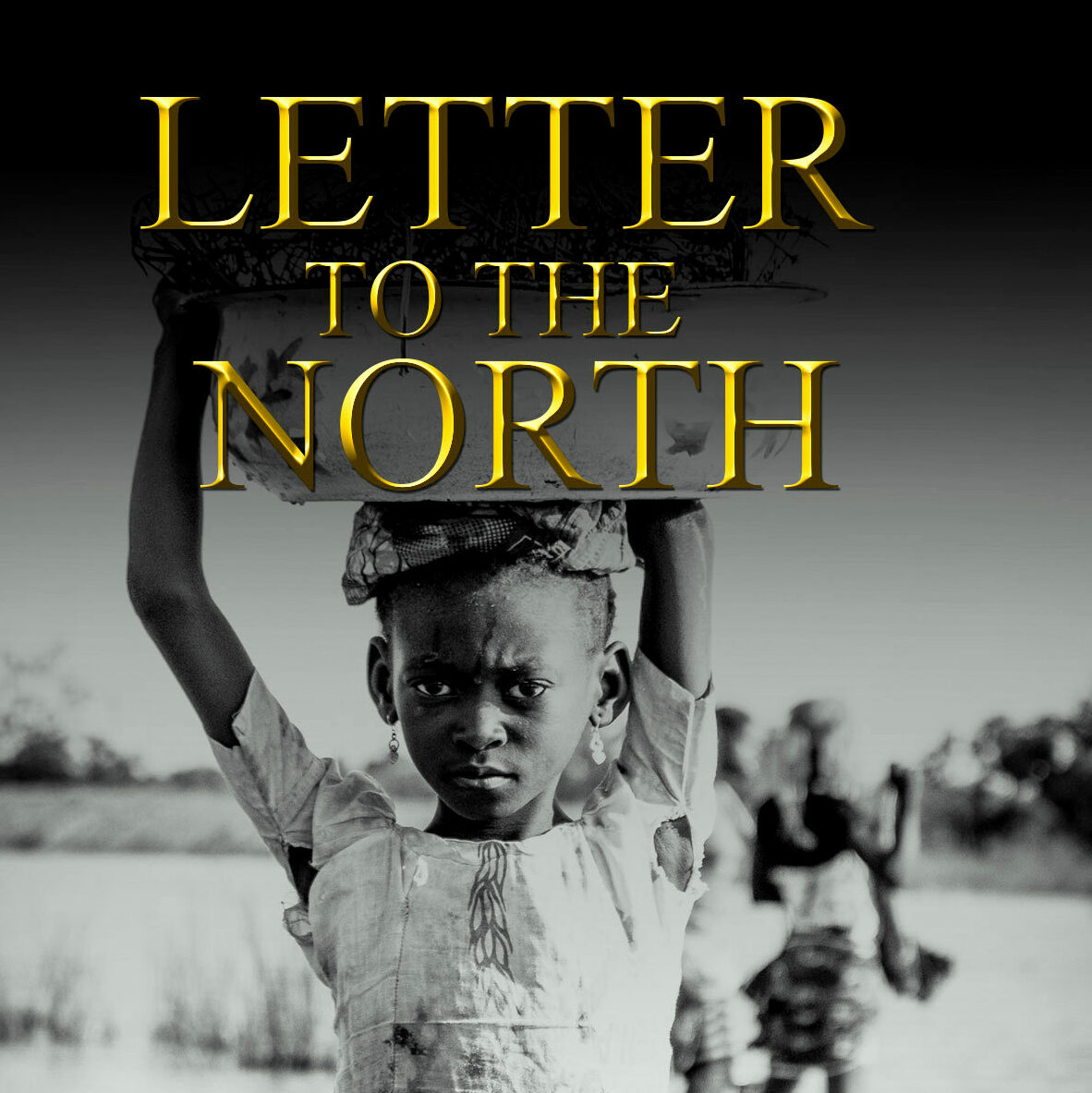Thomas Doe
Social WorkerNulla totam rem metus nunc hendrerit ex voluptatum deleniti laboris, assumenda suspendisse, maecenas malesuada morbi a voluptate massa! Hendrerit, egestas.

Humphrey Asigbee
Child marriage is a practice that continues to plague many regions, including the Northern part of our country. This harmful tradition robs young girls of their childhood, denies them education and opportunities, and perpetuates cycles of poverty. In this article, we will shed light on the implications of child marriage and emphasize the urgent need for change. It is time for the Northern tribes to come together and put an end to this inhumane practice.
Child marriage, also known as early marriage, occurs when one or both spouses are below the age of 18. It is often forced, with young girls coerced or pressured into marriage without their consent. The effects of child marriage are far-reaching and deeply detrimental to the lives of these young brides.
One of the most significant impacts of child marriage is the denial of education and personal development for young girls. When girls are married off at an early age, they are forced to abandon their schooling. This limits their opportunities for growth, independence, and empowerment, perpetuating a cycle of illiteracy and poverty.
Child brides face serious health risks, both during childbirth and throughout their lives. Their bodies are not fully developed, making them more susceptible to complications during pregnancy and childbirth. Additionally, they may experience higher rates of domestic violence, sexual abuse, and mental health issues.
Child marriage contributes to the perpetuation of poverty. Young girls who are married off early often lack the necessary skills and knowledge to secure employment or pursue higher education. This not only limits their potential but also affects the economic stability of their families and communities.

Child marriage is a clear violation of the fundamental rights of young girls. It denies them the right to choose their own future, infringing upon their freedom, autonomy, and personal agency. By perpetuating this practice, we are condoning the violation of these girls’ rights and perpetuating gender inequality.
Education and awareness are crucial in combating child marriage. We must engage in open and honest conversations about the negative impacts of this practice, challenging cultural norms and beliefs that perpetuate it. By promoting dialogue, we can encourage a shift in attitudes and behaviors.
Providing access to education and vocational training is vital in empowering young girls and enabling them to build a better future for themselves. By investing in their education, we can break the cycle of poverty and give them the tools to make informed decisions about their lives.
Existing laws and policies that prohibit child marriage must be enforced effectively. Legal measures should be put in place to protect young girls and ensure that perpetrators are held accountable for their actions. This requires cooperation between law enforcement agencies, community leaders, and government authorities.
Community leaders play a crucial role in shaping societal norms and values. By engaging with religious and traditional leaders, we can foster a collective understanding of the harmful effects of child marriage and encourage them to promote alternative practices that protect the rights of young girls.
Child marriage remains a pervasive issue in the Northern part of our country, depriving young girls of their rights, opportunities, and futures. It is imperative that we come together as a community to put an end to this harmful practice. By raising awareness, empowering girls, enforcing laws, and engaging community leaders, we can create a society that provides equal opportunities for all, ensuring a brighter future for the generations to come. Let us unite in the fight against child marriage and pave the way for a more just and inclusive society.